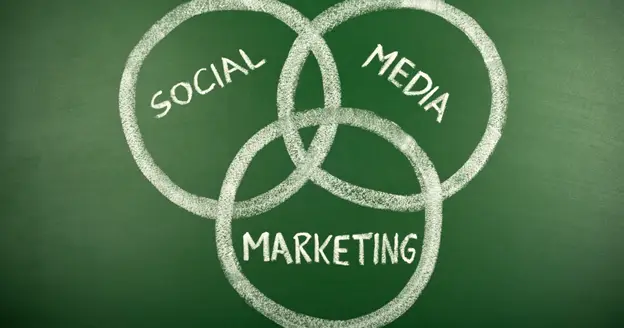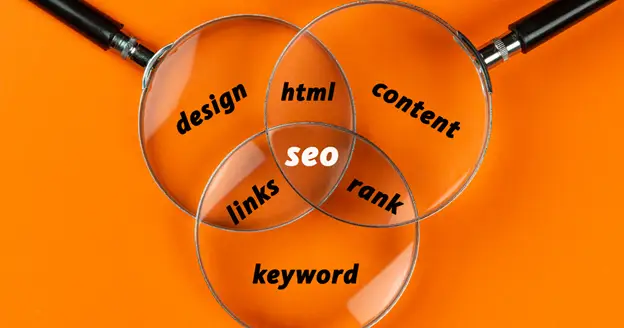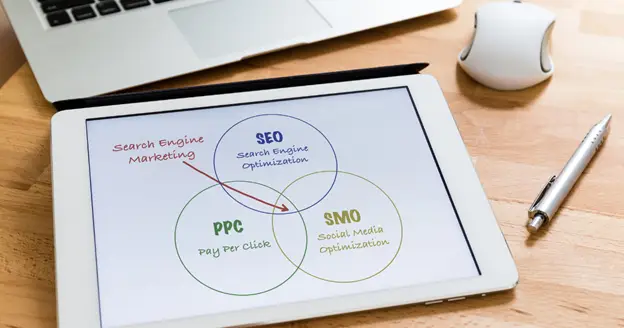Choosing between a digital marketing agency vs freelancer? Let’s break down the real differences so you can pick the right fit for your business needs.
I’ve been on both sides of the table—hiring help and being hired.
So, I know the pressure you feel when deciding between a digital marketing agency vs freelancer.
Maybe you’ve got a small business, a growing brand, or just launched something exciting.
Either way, you want the best marketing help without wasting money or time.
Now, here’s the thing—there’s no one-size-fits-all. But that doesn’t mean this decision has to be hard.
I’ll walk you through the real pros and cons so you can decide what works for you.
What Is a Digital Marketing Agency?
A digital marketing agency is usually a team. They often handle everything from search engine optimization (that’s how people find you on Google) to social media advertising, emails, websites, and more.
You’ll likely get a project manager, someone for ads, someone for content, and maybe even a graphic designer.
What they usually offer:
- SEO (search engine optimization)
- Social media ads
- Website updates
- Email campaigns
- Strategy planning
The pros:
- You get a full team with different skills.
- They usually follow processes, so things are organized.
- If one person’s sick, someone else can cover for it.
But here’s the catch:
- It can cost more than hiring just one person.
- Sometimes, you’re not the top priority if they have many clients.
- You might not talk to the person actually doing the work.
I’ll be honest—if you’re tight on cash or just starting out, this can feel like too much.
What Is a Freelancer?
A freelancer is one person you hire to help with something specific—like managing your Instagram, running ads, or writing blog posts.
They often work from home and juggle different clients. Some are super skilled and even faster than agencies. Others… not so much.
What they usually offer:
- One or two services (like SEO or social media)
- Flexible schedules
- Lower cost (usually)
The pros:
- You talk directly to the person doing the job.
- It’s usually cheaper than hiring a full agency.
- Great for smaller tasks or short-term projects.
Now the downsides:
- If they’re sick or busy, your project might get delayed.
- They might not handle big projects well (it’s just them).
- You may need to hire multiple freelancers to get all the skills you need.
Again, if you just need help with solo mail Texas or shared mail North Texas, a freelancer might do just fine.
How to Know What You Really Need

This is where you have to be real with yourself. Let’s make it easier with a few quick questions.
Ask yourself:
- What’s my budget?
- Do I need one-time help or ongoing support?
- Do I want fast results or long-term growth?
- Can I manage a few freelancers, or do I want someone else to manage the whole thing?
If you need full support across everything—search engine optimization, social media advertising, email marketing, and even print ads—then a digital marketing agency might be worth the cost.
But if you only need help with something like solo mail North Texas or SEO for a few blog posts, go with a freelancer.
Which One Handles Local Marketing Better?
Now let’s talk about shared mail, solo mail, and targeted direct mail Texas—those things that still come to your physical mailbox. Yeah, people still check their mail.
If you’re a local business in Texas or nearby, you might need help sending out targeted direct mail to your neighbors.
Agencies usually have connections with big mailing services and can offer tracking, design help, and mailing lists. You just sit back.
But some freelancers specialize in this, too. They might have contacts or offer printing services if they’ve been doing it for a while.
If you want expert help with targeted direct mail, especially in North Texas, check out this targeted direct mail service. They’re solid, especially for local businesses.
How Agencies and Freelancers Handle Communication
This part matters more than most people think.
With a digital marketing agency, you usually go through an account manager. They handle all communication between you and the team.
It’s structured but can feel a bit formal.
With a freelancer, it’s more personal. You talk to them directly. Text them, email them, maybe even hop on a Zoom call without scheduling three days out.
So which one is better?
- Want structure and don’t mind waiting a bit? Agency.
- Want fast replies and a casual chat? Freelancer.
I’ll admit, I’ve had both good and bad experiences with each.
Sometimes, I just want someone who understands my tone without explaining everything three times.
Freelancers usually get me faster. But, agencies can handle more moving parts.
The Cost Breakdown: Let’s Talk Money
This is where most people get stuck. And I’ve been there too—afraid of overpaying or choosing cheap and regretting it.
Let me break it down:
Freelancer Pricing:
- You pay per hour or per project.
- May charge $20 to $100/hour depending on skill.
- Might cost less upfront, especially for small tasks.
Agency Pricing:
- You pay monthly retainers or big project fees.
- Usually starts around $1,000/month and goes up.
- Might feel expensive, but you’re paying for the whole team.
What affects the price?
- Experience
- How fast you want results
- The number of services you need
If you need help with shared mail Texas or social media advertising, compare a few quotes.
And don’t forget to ask for samples or results from past clients.
What About Results? Who Delivers Better?

Here’s the thing. Both freelancers and agencies can get great results. And both can also let you down.
Agencies may have case studies and a polished website. That’s great. But ask:
- Who on your team will be working on my project?
- How often will I get updates?
Freelancers may not have a fancy site, but they might have strong referrals or samples.
The truth? The person matters more than the title. A smart, skilled freelancer can beat a sloppy agency any day.
But a solid agency can do more at once than a solo freelancer ever could.
Let’s Talk Direct Mail Again
If you’re in Texas and need help with targeted direct mail North Texas, solo mail, or even shared mail, some agencies offer full-service options, from design to delivery.
But I’ve also seen freelancers who specialize in solo mail Texas and do it well. They may even work directly with your local printer or post office.
Here’s a quick cheat sheet:
- Need high-volume mailing + tracking? Go agency.
- Need one-time local campaign? Try a freelancer.
Also, don’t sleep on shared mail North Texas if you’re on a budget—it’s when your ad goes in with others to cut costs.
Final Thoughts
Choosing between a digital marketing agency vs freelancer isn’t about what’s “better.”
It’s about what’s better for you. Your goals. Your budget. Your time.
Here’s what I recommend:
- For full service, go with a digital marketing agency.
- For one-off tasks or tight budgets, a freelancer might be better.
- Look at their past work.
- Talk to them before hiring.
- Don’t just go by price—go by how they make you feel when they talk about your project.
And if you mess up and hire the wrong one? I’ve done that. Learn and move on. You’ll get better at hiring as you go.
At the end of the day, the right person—or team—should care about your business as much as you do.
…





























 In the area of
In the area of